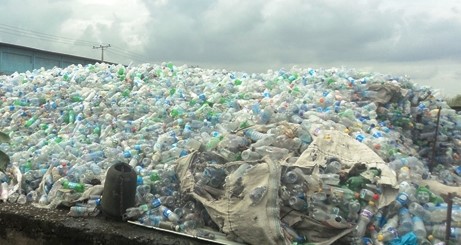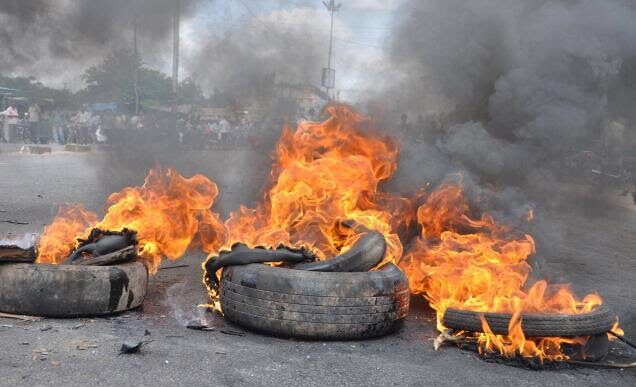BENJAMIN AJAYI
Nigeria faces significant challenges in waste management and energy supply, often treated separately despite their interconnectedness. As municipal waste continues to rise and electricity remains insufficient, Waste-to-Energy (WtE) technologies present a viable solution. WtE offers the dual benefits of generating renewable energy from waste while addressing the country’s growing pollution problems.
Nigeria produces over 30 million tons of waste annually, creating a substantial opportunity for electricity generation. By converting waste into electricity, heat, or biofuels, WtE can help reduce the waste sent to landfills, minimizing environmental pollution and methane emissions.
This aligns with Nigeria’s sustainable development goals (SDGs) and nationally determined contributions (NDCs), contributing to the country’s renewable energy targets.
Advertisement
WtE could also play a crucial role in bridging Nigeria’s energy deficit. With about 80% of the country’s power still generated from gas, WtE could diversify the energy mix, particularly benefiting rural areas that have long been without reliable electricity. As waste generation continues to increase, WtE could reduce Nigeria’s dependence on fossil fuels and help drive economic growth by improving power generation.
Despite these opportunities, implementing WtE technologies in Nigeria faces significant challenges. High capital expenditure for WtE facilities and difficulties securing financing, especially in rural areas, remain key hurdles.
Additionally, low awareness of waste segregation, which is essential for effective WtE systems, further complicates implementation. Public awareness campaigns and financial incentives could help improve waste management practices and ensure better compliance.
Advertisement
By 2050, waste generation in Nigeria is expected to reach 107 million tons, highlighting the need for urgent action. Lagos has already begun transforming landfill sites into recovery facilities and is partnering with companies to develop WtE plants. Nigeria can learn from countries like Sweden, Germany, Japan, and Denmark, which have successfully integrated waste management and renewable energy systems.
Through strategic investment in infrastructure, technology, and public-private partnerships, Nigeria can harness the potential of WtE technologies, promoting cleaner, more sustainable energy solutions.
With over 11 years of experience in the energy sector, Ajayi has worked with diverse organisations and is currently a commercial analyst. His expertise spans oil and gas, renewable energy, sustainability, strategy and energy financing, with a particular focus on driving renewable energy development and sustainable solutions.
Advertisement
Views expressed by contributors are strictly personal and not of TheCable.
Add a comment











